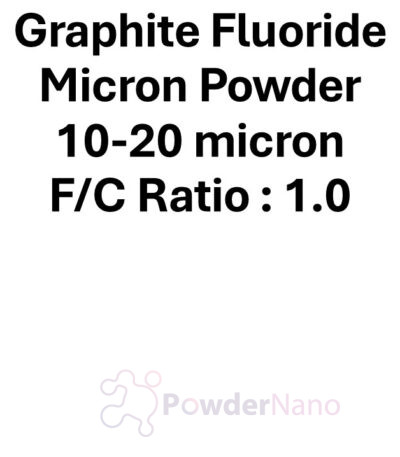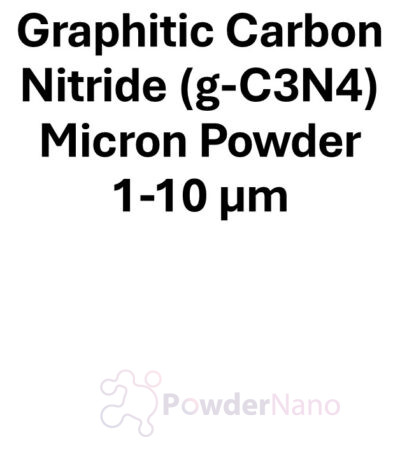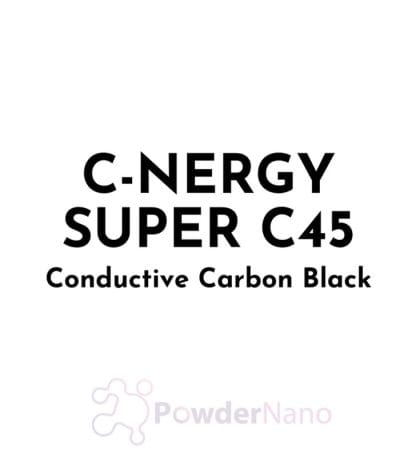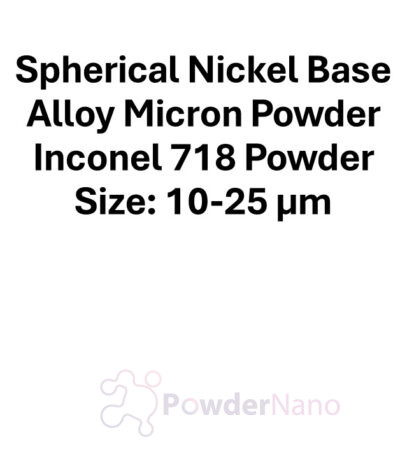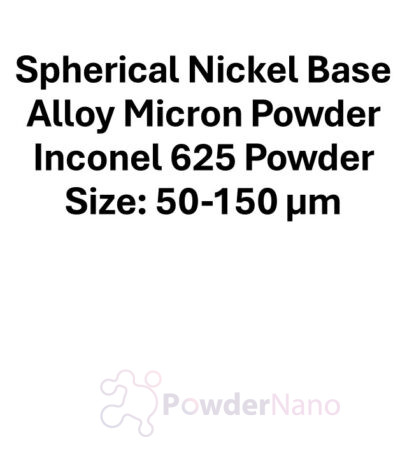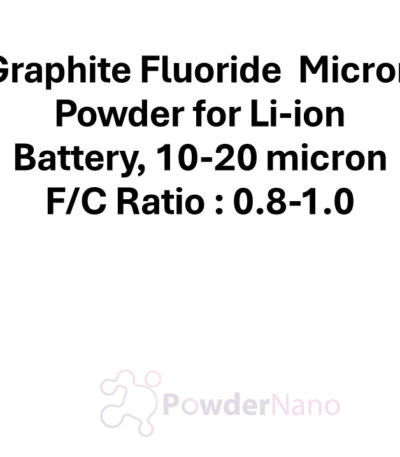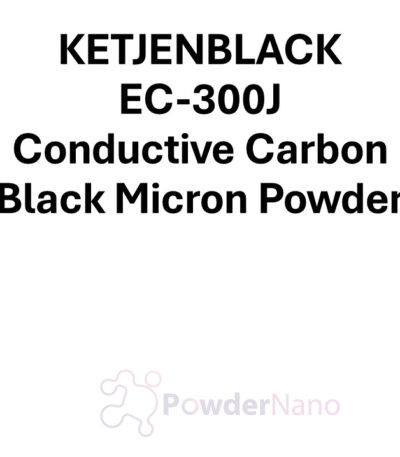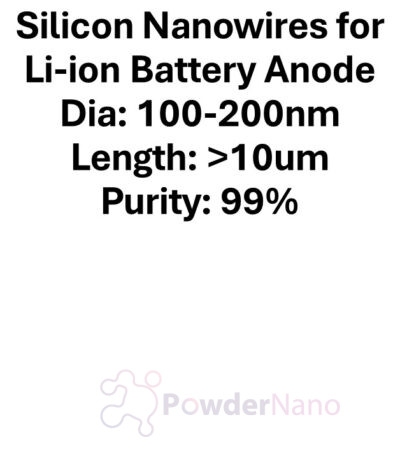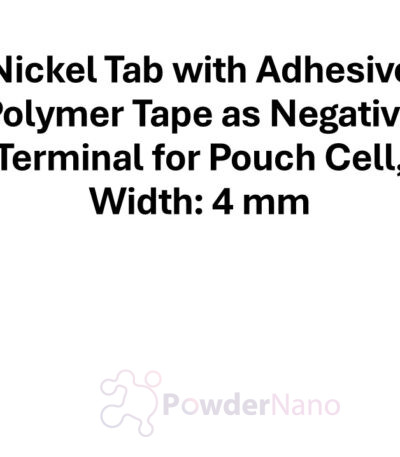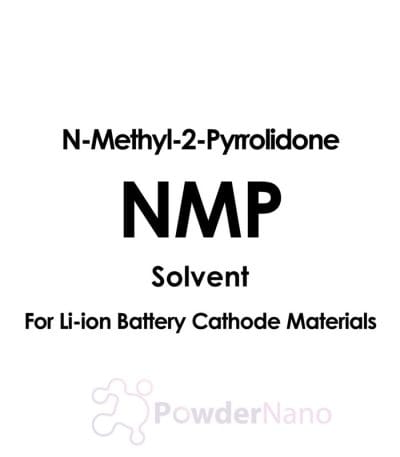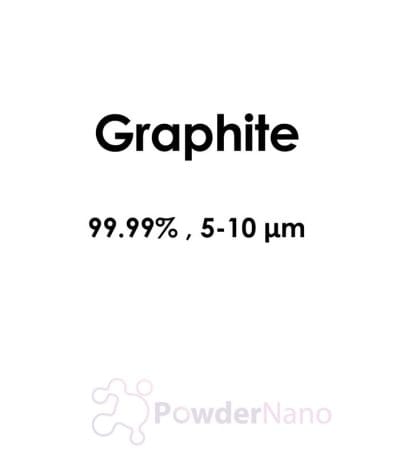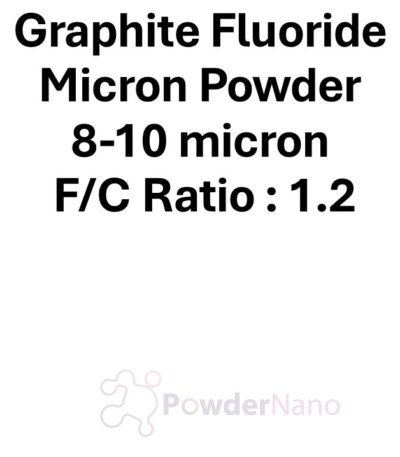Graphite Fluoride Micron Powder (8-10 µm, F/C Ratio: 1.2)
Technical Specifications:
- Material: Graphite Fluoride (C₆F₆)
- Purity: 99.9% or higher
- Particle Size: 8-10 µm (microns)
- Fluorine/Carbon Ratio (F/C): 1.2
- Shape: Typically irregular or flaky, depending on the manufacturing process
- Density: Approximately 2.2 g/cm³
- Melting Point: Decomposes at around 200-250°C (392-482°F)
- Boiling Point: Sublimes at approximately 2,600°C (4,712°F)
- Chemical Composition:
- Carbon (C): ~45%
- Fluorine (F): ~55%
Applications:
- Li-ion Battery Anodes:
- Graphite Fluoride is commonly used as an additive in Li-ion battery anodes. The F/C ratio of 1.2 provides a higher fluorine content, which can improve the capacity and voltage stability of the anode material. The 8-10 µm micron powder is ideal for creating composite anodes that deliver higher energy density and longer cycle life, making it particularly useful in electric vehicles, portable electronics, and energy storage systems.
- The micron powder ensures the uniform distribution of fluorine and carbon in the anode, which enhances the charge/discharge efficiency and stability of the battery during repeated cycling.
- High Energy Density Batteries:
- Graphite Fluoride plays an important role in the development of high-energy-density batteries. The fluorine content helps enhance the electrochemical performance by enabling higher charge storage compared to conventional graphite-based materials. The F/C ratio of 1.2 maximizes the capacity retention and long-term cycling stability of batteries, particularly in applications requiring higher power outputs and extended battery life.
- The micron powder is used in the development of next-generation lithium-ion batteries for electric vehicles, solar energy storage, and large-scale power systems.
- Supercapacitors:
- Graphite Fluoride is used in supercapacitors for high-performance energy storage. It contributes to increased capacitance and high power density, which is critical in rapid charge/discharge applications. The micron powder form is ideal for producing high-efficiency supercapacitors that are used in electric vehicles, consumer electronics, industrial energy systems, and emergency power backup applications.
- The F/C ratio of 1.2 improves the charge storage capacity and electrochemical stability in supercapacitors, offering better performance over traditional materials.
- Electrochemical Capacitors:
- Graphite Fluoride is also employed in electrochemical capacitors, where it plays a key role in enhancing energy storage efficiency and power output. Its high capacitance and ability to store charge quickly make it suitable for high-performance capacitors used in power backup systems, quick power delivery applications, and automotive power systems.
- The micron powder enables fast charge/discharge cycles and provides long cycle life in energy-intensive systems.
- Magnetic Materials and Sensors:
- Graphite Fluoride is utilized in magnetic materials and sensing technologies due to its electrical conductivity and stability under various conditions. The micron powder is used in the development of magnetic films and sensors for applications such as data storage, magnetic sensing, and high-frequency electromagnetic components.
- The F/C ratio improves the electrical properties and sensor sensitivity, making it ideal for use in magnetic storage devices, data transfer technologies, and optical sensors.
- Thermal Management:
- Graphite Fluoride is used in thermal management applications for high-performance electronics and power devices. The material’s electrical conductivity and thermal stability make it suitable for use in heat dissipation applications such as cooling systems for power electronics, LED lighting, and automotive applications.
- The micron powder is often integrated into thermal interface materials to ensure efficient heat conduction and thermal regulation within high-power systems.
- Coatings and Lubricants:
- Graphite Fluoride can be used in coatings and lubricants to provide low friction and high wear resistance in mechanical systems. The fluorine content significantly enhances lubricity, making it ideal for use in metalworking, automotive parts, and precision instruments where high-performance lubrication is required.
- The micron powder is used in the formulation of dry lubricants and coating applications for components that experience high friction or extreme conditions.
- Energy Storage for Renewable Systems:
- Graphite Fluoride is a key material for the development of high-efficiency energy storage systems, especially in renewable energy applications like solar and wind power storage. Its high energy density and long cycle life make it an ideal choice for grid-scale energy storage systems.
- The micron powder contributes to the development of next-generation batteries that can store energy from renewable sources, ensuring efficient energy storage and enhanced power delivery.
- Biomedical Applications:
- Graphite Fluoride is also being explored for biomedical applications, particularly in the development of biosensors and biodegradable batteries. The fluorine content makes it compatible with biocompatible materials, and it is used in biomedical sensors that monitor biological signals and drug delivery systems.
- The micron powder form allows for high precision and customization of bioelectronics used for in-vivo diagnostics and implantable devices.
- Research and Development:
- Graphite Fluoride micron powder is widely used in research and development for creating novel materials for energy storage, sensor technologies, nanomaterials, and advanced battery designs. Researchers explore its electrochemical properties, mechanical behavior, and fluorine doping effects to innovate in the field of high-performance energy systems and advanced materials.
- The micron powder is also used to study new battery chemistries and energy storage technologies that can offer higher efficiency, reduced costs, and longer-lasting power in commercial applications.
Graphite Fluoride Micron Powder (8-10 µm, F/C Ratio: 1.2) is a high-performance material that significantly enhances energy storage and electrochemical systems, especially in Li-ion batteries, supercapacitors, and electrochemical capacitors. Its high energy density, electrical conductivity, and stability make it an essential component in high-performance electronics, automotive power systems, renewable energy storage, and power backup solutions. The micron powder ensures precise integration and uniform distribution in composite materials, enabling the development of next-generation energy storage devices and advanced sensors for a wide range of cutting-edge applications.
